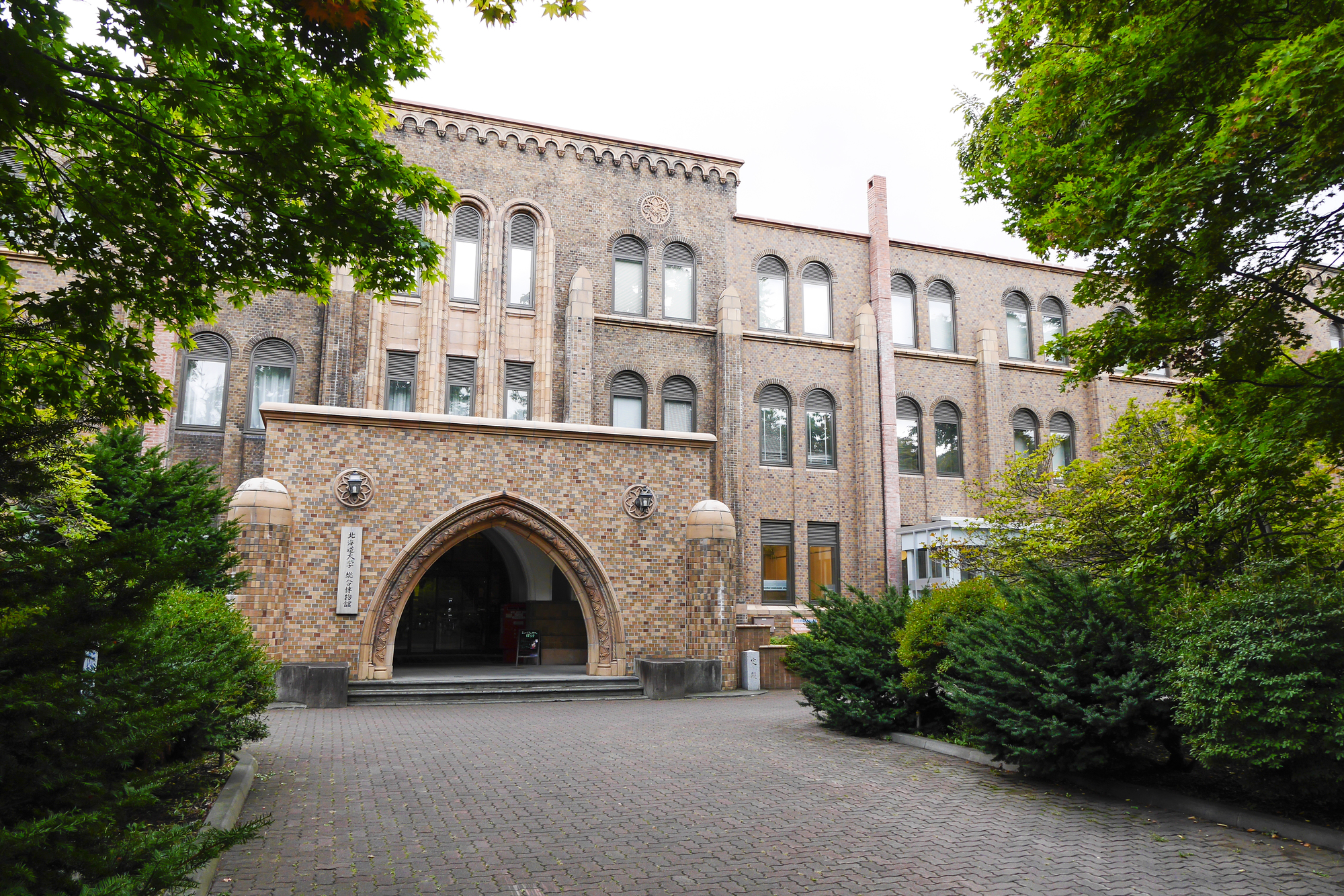The Ministry of Education, Culture, Sports, Science and Technology has announced the interim evaluation results for the seven projects adopted in 2013 for the "University Global Expansion Project".
The "University Global Expansion Strengthening Project" supports international educational collaboration with universities in Asia, the United States, Europe, etc., which accept Japanese students overseas and accept foreign students strategically. This project was started in 2011 by the Ministry of Education, Culture, Sports, Science and Technology with the aim of fostering global human resources who can play an active role and strengthening the ability to expand university education globally.
This time, the subjects of the interim evaluation were "Japan-Thai Veterinary Education Collaboration Project" such as Hokkaido University and the University of Tokyo, and "Environmentally Friendly Food Supply / Technological Innovation from ASEAN" such as Tokyo University of Agriculture and Technology. There are 2013 projects from 11 universities that were adopted in 7, such as "Next-generation human resources development projects that are responsible for community development."The interim evaluation is carried out two years after the start of the project, and the status of the project's efforts is evaluated on a five-point scale from S to D, and appropriate advice is given so that the purpose of the project is fully achieved.
Six of the seven projects adopted in 2013 were rated A (it is judged that it is possible to achieve the project objectives by continuing the efforts so far), and the University of Tsukuba's "Cross-ASEAN Global Challenge Challenge Education" "Program" was the only S rating (excellent efforts and expected achievement of business objectives).From the start of the project to the end of 7, the number of students who interacted in the seven projects was 6 foreign students and 2014 Japanese students dispatched, which are close to the achievement of the target (7 and 133 respectively).In addition, the popularity of the ASEAN region as a study abroad destination is increasing through the implementation of the project, and the Ministry of Education, Culture, Sports, Science and Technology is working to build further partnerships with ASEAN countries that are strategically important to Japan through exchanges between students from Japan and ASEAN countries. I hope to be connected.



